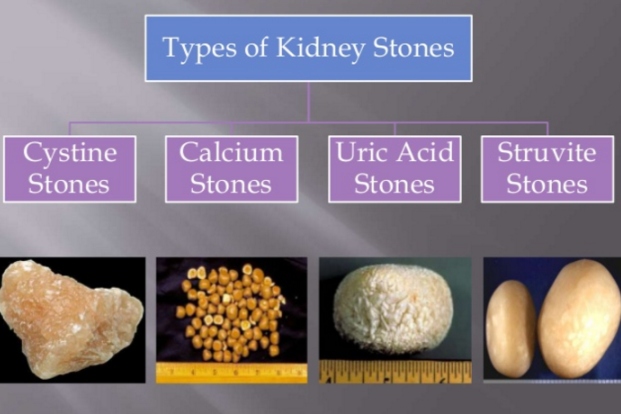Categories
- Bariatric Surgery (11)
- Black Fungus (5)
- Bone Marrow transplant (3)
- Brain Tumor Surgery Navigation Technology (20)
- Cardiac Surgery (66)
- Cardiology (97)
- Computer navigation technology for joint replacements (20)
- Covid Vaccination (17)
- Critical Care (2)
- Dental (19)
- Dermatology (31)
- Dialysis Support Group - “UTSAAH” (11)
- Dietitian (33)
- Emergency Medicine (4)
- Emotional Health (11)
- Endocrinology (33)
- ENT (20)
- Gastroenterology and GI Surgery (53)
- General and Laparoscopic Surgery (21)
- General Surgery (4)
- Gynecology & Obstetrics (183)
- Hematology (20)
- Internal Medicine (294)
- Kidney Transplant (50)
- Kidney Transplantation (20)
- Lung Cancer (8)
- Minimal Invasive Surgery (1)
- Mother & Child (20)
- mucormycosis (5)
- Nephrology (61)
- Neurology (147)
- Neurosurgery (68)
- Nutrition and Dietetics (107)
- Omicron Variant (1)
- Oncology (288)
- Ophthalmology (10)
- Orthopaedics & Joint Replacement (86)
- Paediatrics (59)
- Pediatric Nephrology (3)
- Physiotherapy (5)
- Plastic & Reconstructive Surgery (6)
- Psychiatry and Psychology (90)
- Psychologist (28)
- Pulmonology (72)
- Rheumatology (13)
- Spine Services (21)
- Transradial Angioplasty (16)
- Urology (84)
Query Form
Posted on Apr 19, 2022
Blood in the Urine- Could be Kidney Cancer?
Hematuria or blood in the urine, is 1 of the most common symptoms of kidney cancer. Its occurrence is amongst 40 to 50 percent individuals with kidney cancer. Other common causes of blood in urine include infection of bladder or kidney, cysts, kidney stones or injury to kidney. Kidney cancer is usually detected when a person gets an x-ray or ultrasound done for another reason. In its initial phases, kidney cancer does not cause any pain. Hence, the symptoms of the disorder often appear when the tumor becomes large and affects the nearby organs. People having kidney cancer could experience the below mentioned symptoms or signs. Sometimes, individuals with kidney cancer do not experience any of such changes. The reason of a symptoms may be some other medical situation which is not cancer.

Below are the signs and symptoms of kidney cancer :-
• Blood in the urine
• Pressure or pain in the side or back
• A lump or mass in the side or back
• Swelling of the ankles and legs
• High blood pressure
• Anemia, which denotes a lower count of red blood cells
• Fatigue
• Loss of appetite
• Unexplained weight loss
• Fever that keeps repeating and is not from cold, flu or other infection
For men, a rapid development of a cluster of enlarged veins, called as a varicocele, surrounding a testicle, particularly, the right testicle, may indicate that a large kidney tumor may be present. If cancer is diagnosed, relieving symptoms remains an important part of cancer care and treatment. Sometimes people with kidney cancer do not have blood in their urine until the cancer is quite large and might have spread to other parts of the body. Imaging tests such as computed tomography (CT) scans and magnetic resonance imaging (MRI) scans can often find small kidney cancers, but these tests are expensive. Usually, it is best treated with surgery or through an active surveillance, if it is small.



